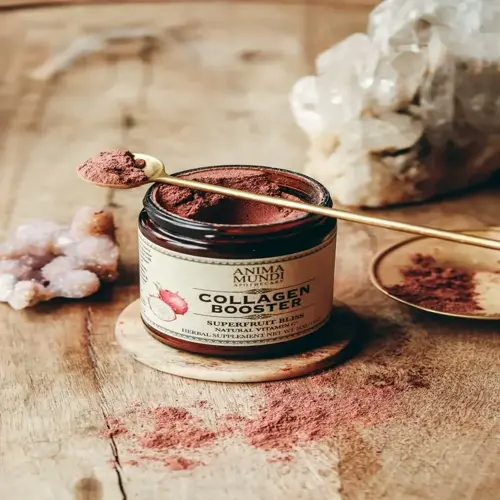Can supplements replace a healthy diet for eye health?

Written by
Thomas Wilson
Reviewed by
Prof. Graham Pierce, Ph.D.Supplements cannot offer the protective power of whole foods for your eyes. Formulas such as AREDS2 can help in some cases of AMD, but their beneficial effects do not compare to the phytochemicals found in thousands of natural foods. There are benefits to be derived from phytochemicals that cannot be derived from medicinal products.
Nutrient Synergy
- Foods contain complementary nutrients that enhance absorption
- Olive oil in salads boosts carotenoid uptake from vegetables
- Vitamin C in peppers helps regenerate vitamin E in nuts
Phytochemical Advantage
- Whole foods provide thousands of plant compounds missing in pills
- These enhance antioxidant effects and cellular protection
- Supplements isolate specific nutrients losing this complexity
Long-Term Protection
- Mediterranean diet reduces AMD progression risk by 25%
- This exceeds protection from supplements alone
- Balanced nutrition addresses multiple vision threats simultaneously
Supplements should only be taken as recommended for particular issues. AREDS2 is beneficial for patients with intermediate age-related macular degeneration under medical supervision. Still, foods containing nutrients should never be a substitute for prescription supplements. Whole food supplies basic protection that supplements cannot provide.
Create meals centered on foods that support vision health. Combine spinach and eggs for a boost of lutein and healthy fats. Add salmon for omega-3s and zinc. Remember to consume a variety of colorful vegetables to get your daily dose of vitamin A. All of these foods help support your body's natural defense systems.
This week, make simple changes to your diet. Substitute nuts and seeds for processed snacks. Instead of red meat, eat fish two times a week. These changes provide better protection for your eyes than any pill. Your vision deserves complete nutritional support.
Your eyes flourish with balanced nutrition from a multitude of sources. Supplements cater to specific needs while food offers broad-spectrum protection. Make the cornerstone of your eye-health program whole foods. This will keep your vision bright for years to come.
Read the full article: Eye Health Nutrition: 10 Essential Nutrients

